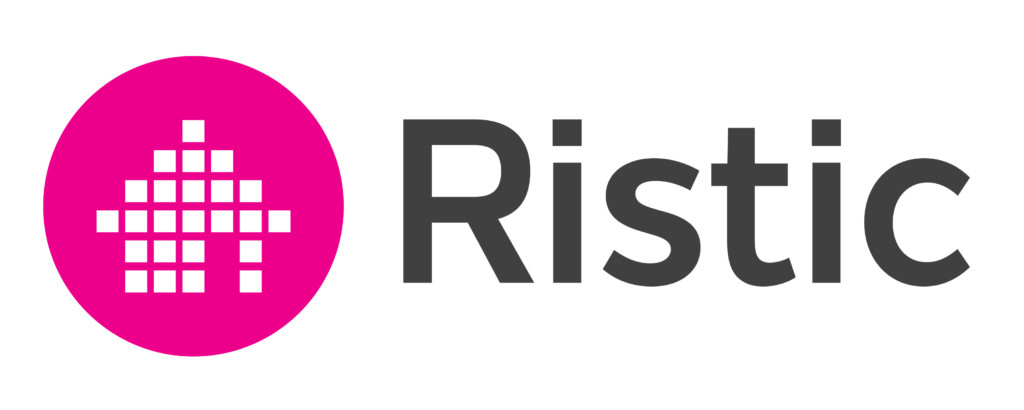| Home Equity Explained
Equity is the difference between your home’s current value and how much you owe on it. If you’ve been paying off your mortgage for a few years, you probably have some equity built up. Refinancing is a popular strategy to access this valuable asset to fund renovations, an investment property, or other goals.
Calculating Your Home Equity
Assuming:
• You bought a house for $500,000. • Your deposit was $100,000 (20%), meaning your loan was for $400,000. • Your equity in the home was $100,000.
Over time:
• Your home is now worth $600,000. • You’ve paid off $50,000 (from the principal). • You now owe $350,000. • Your equity is now $250,000.
As a percentage:
Subtract the loan value from the home value, then divide the result by the home value.
The equation (using above figures) looks like this:
• $350,000 Loan value = $600,000 Home value • $250,000 Equity $600,000 Home value • 0.42 (Your equity is 42%)
Accessing Equity by Refinancing
In the above example, you have $250,000 (42%) equity in your property. To avoid lenders mortgage insurance (LMI), you can only lend up to 80% of the value.
Meaning:
$600,000 Home value $480,000 80% of home value (maximum loan amount) • $350,000 is the current amount of your loan • So – $480,000 – $350,000 • = $130,000 (The amount of equity you can access without incurring LMI costs)
Building Your Equity
It’s beneficial to build up your home equity. Building equity is one of the primary financial benefits of homeownership. Here are a few ways to build increased equity in your home:
• Making loan payments: Paying interest only on the mortgage does not increase equity, so you need to pay both the interest and principal to steadily increase equity over time.
• Paying larger or faster loan payments: The more you pay off your mortgage, the sooner you reduce your principal. Paying weekly or fortnightly instead of monthly is also an easy way to reduce principal at a faster rate.
• Home value appreciation: Your equity will grow in proportion to the amount your home appreciates in value.
• Home improvements and renovations: These accelerate your equity stake substantially. For instance, spending $30,000 on a new kitchen can increase your home’s value by more than the amount spent.
Buying an Investment Property with Home Equity
Using existing home equity as a cash deposit to buy an investment property is a popular investment strategy. Different lenders have different rules, so it’s important to talk to a good mortgage broker for advice.
Disclaimer: Although all care is taken. We do not give any warranty whatsoever to the accuracy of any content.
This is not meant to be financial or professional advice and is only of general nature. You must seek professional advice before taking any actions. The above information comes with no warranties whatsoever. We take no responsibility for any actions you may or may not take. All content is of general nature only and is NOT to be taken as advice whatsoever
